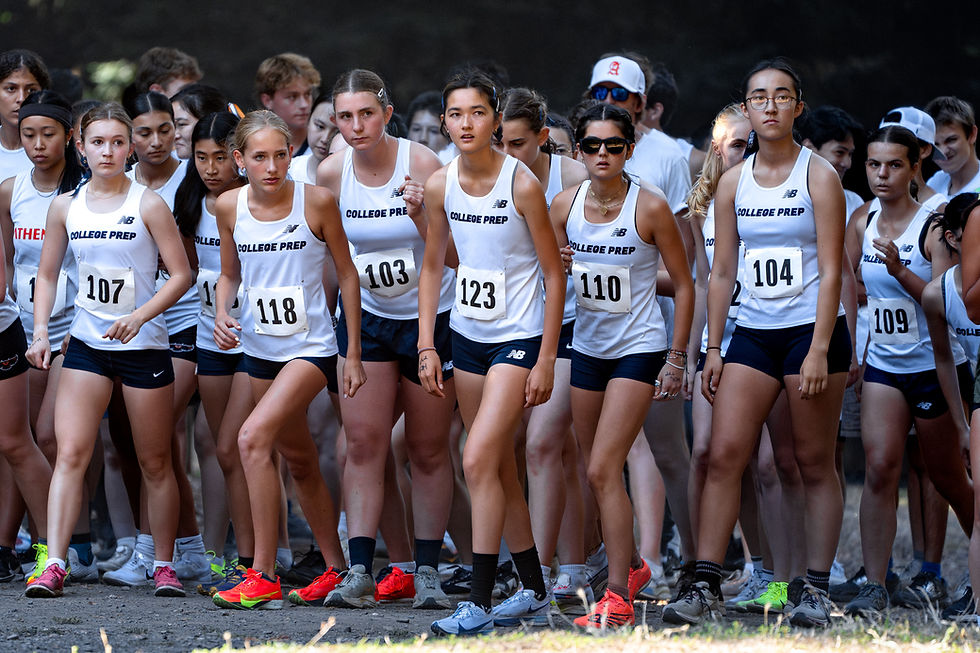CAT Column: Safe Spaces
- Radar Staff
- Sep 28, 2016
- 3 min read
The welcome letter that the University of Chicago Class of 2020 received from Jay Ellison, dean of undergraduate students, has sparked controversy, especially over social media, during the past several weeks.
The message itself was loud and clear – UChicago “do[es] not support so-called ‘trigger warnings’” and “do[es] not condone the creation of intellectual ‘safe spaces’”. The implications of this letter, however, are not as straightforward.
What does a “safe space” mean to the administration of the college, and to many other schools like UChicago? In the letter, Dean Ellison seems to define an intellectual “safe space” as a space that hinders the freedom of speech. The University of Chicago’s conclusion is to eliminate any instances in which someone is either not allowed to or feels unsafe sharing their viewpoint. It is important to note that this message is being sent out at a time where several colleges have received backlash for rescinding invitations to speakers who hold not only opposing viewpoints from the majority of students but who also have offensive stances on race, gender, sexuality, etc.
The basis of the dean’s idea of freedom of speech and productive discourse in a higher-level education institution makes sense. Students should learn how to deal with opposition, should come to be challenged, and should be able to deal with offense and discomfort.
That being said, the delivery of this expectation of students comes off as insensitive and culturally incompetent. The dean himself seems to be speaking from privilege, not from an understanding of marginalized students or students who have experienced trauma. While there have been many calls for the uber-liberal to not be coddled in the classroom, this may be one of the ultimate #whitepeopleproblems. Rather than engaging with reality, students claim that they should be warned of sensitive subjects that they cannot competently defend. There are a number of entitled students who demand “trigger warnings” and “safe spaces” to hide behind their own ideas. These are the types of students who have ruined the terms “safe space” and “trigger warning”.
Students from a school such as UChicago are no doubt looking for cultural competence, and for those students, this letter will rub them the wrong way. Not allowing people to “retreat from perspectives at odds with their own” in an educational setting should not be an attack on professors for their “trigger warnings” or students who look to “safe spaces” to actually feel emotionally and physically safe from discrimination and harassment. While the effects that this message will have on institutions such as the Office of Multicultural Student Affairs or the Office of L.G.B.T.Q. Student Life are unknown, there is a real, unacknowledged necessity for student agency against academia.
Protesting a homophobic, racist, misogynist, elitist, and/or ableist speaker on a college campus is not about “retreating” from discourse, allowing this speaker would be valuing a false notion of “academic freedom” over the true power that information and ideas can have over people. A student who is a survivor of sexual abuse and suffering from trauma would have to read course material that would ultimately compromise their safety and comfort, all in order to pass a class with no alternatives. It is problematic to say that professors cannot care if they offend someone or not. This is the slippery slope of the dean’s message.
Instead, the college should have sent the message that it is determined to create places where people can talk about things that make them uncomfortable. Professors should create opportunities to show students how to handle course material in a responsible manner that allows for intellectual exploration. A professor should be able to help students identify a perspective, challenge that perspective, and look at texts and course material through a different lense. There is no protection against offensive ideas, but information that is respectfully presented can create conversation and understanding.
It is hard to agree with Jay Ellison’s intentions when poor word choice, a lack of explanation, and tone-deafness to what a safe conversation means are all present in his message to the Class of 2020. UChicago should expect professors to handle with competence, sensitivity, and raise awareness of how to have difficult debates. For a student, knowing how to handle that and having an institution that will support you means everything.





Comments